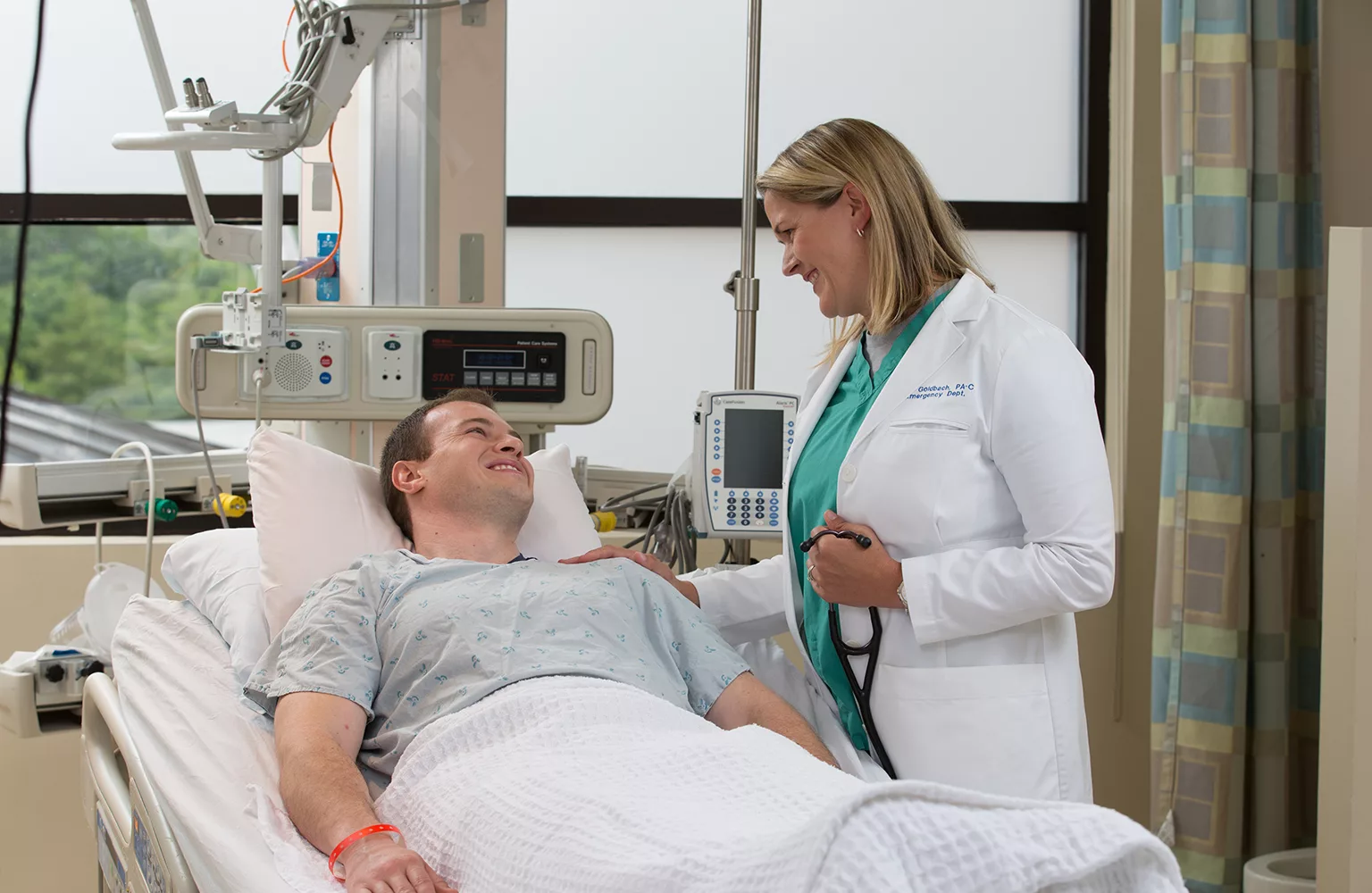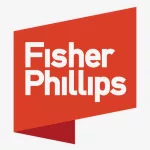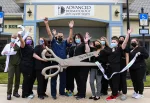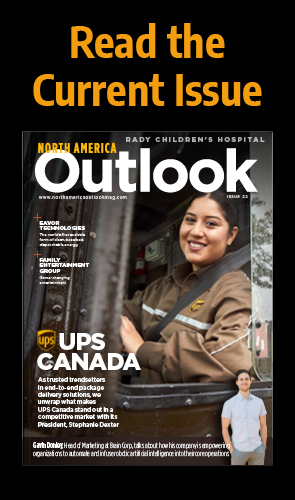Always innovating and implementing new initiatives, ApolloMD is one of the most successful organizations in the clinical outsourcing services industry. We discuss more with COO, Amy Katnik.
PRESCRIBING QUALITY CARE
During its 40-year history, ApolloMD has curated a solid reputation as a multispecialty practice, partnering with top-tier hospitals, teaching facilities, and health systems across the US.
“Our clinicians provide quality care for approximately four million patients annually and enjoy a rewarding practice setting with strong clinical partners, clinician-friendly contracts, leadership training, and diverse career paths,” introduces Amy Katnik, COO of ApolloMD.
Moreover, clinicians are offered ownership opportunities through ApolloMD Partners, Inc., allowing them to build equity in a thriving group from day one. Unusually, the organization has no private equity, and the offer is open to full-time employees, physicians, and advanced practice clinicians (APCs).
“Private equity has been in the healthcare space for some time, but consolidation in healthcare has accelerated its presence, and these companies understandably want to see a return on their investments. That creates unnecessary pressure for the group, which is a demand ApolloMD does not have to meet,” she notes.
The challenges posed by external investors in healthcare include unsustainable growth expectations that require clinician groups to leverage up in an attempt to grow by acquisition. The implementation of the No Surprises Act (NSA), the turmoil of payor lawsuits, and rising labor costs have increased the pressures for all groups. However, groups with large debt burdens have compounded pressure.
The NSA was framed to protect people covered under group and individual health plans from receiving surprise medical bills when they have used emergency services, non-emergency services from out-of-network providers at in-network facilities, and services from out-of-network air ambulance providers.
“Our political leaders had a thoughtful strategy; however, it was not instituted the way it was intended. This makes it hard for hospitals and clinicians to continue to treat all patients regardless of their ability to pay.
“These are some of the issues hospitals and clinical groups are having to navigate, which can require consolidation and creative innovation,” posits Katnik.
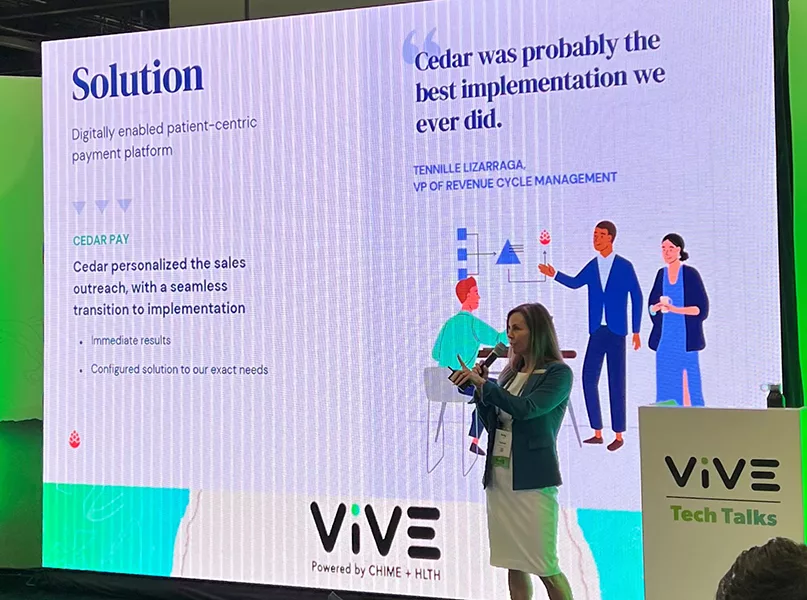
FLAGSHIP PARTNERSHIPS
ApolloMD began 40 years ago at Cobb Hospital, which subsequently became Wellstar Cobb. Over the last four decades, as Wellstar grew, its relationship with ApolloMD deepened. Today, across eight facilities, including Wellstar Kennestone, one of the busiest hospitals in Georgia, the company is proud to serve Wellstar and its communities.
“This has been a great partnership with very forward-thinking leadership. It has grown into a much larger system that provides excellent healthcare to a significant part of the state of Georgia.
“Additionally, ApolloMD partners with many nationally-recognized health systems, including Baptist Healthcare, Piedmont, Atrium, and Erlanger, and our newest partner, Methodist Le Bonheur Healthcare, where we begin providing services in January 2024. Methodist Le Bonheur is a five-hospital system serving the Memphis market,” explains Katnik.
ApolloMD’s client base is now over 90 percent not-for-profit and includes partnerships with several emergency medicine residency programs. Emergency and hospital medicine services are the organization’s expertise, and navigating high-volume, high-acuity facilities with potential academic partnerships requires a strong, tactical approach and outstanding, committed leadership.
“We have a phenomenal clinical operations team that comes in and carries out flow assessments with definitive action plans, so the quicker we can initiate the care process, the better the outcomes,” she informs us.
Additionally, ApolloMD has a patient experience team that works with each clinician to improve their communication skills relating to the patients and their families. These clinician operations have proven highly effective for the organization, so it continues to invest in the team as it grows.
“During my tenure at ApolloMD, we have always invested in our people, especially this year. We are taking a vested interest in developing our clinical and corporate teams. In today’s work-from-home climate, we want to ensure that the company culture stays relevant,” Katnik reflects.
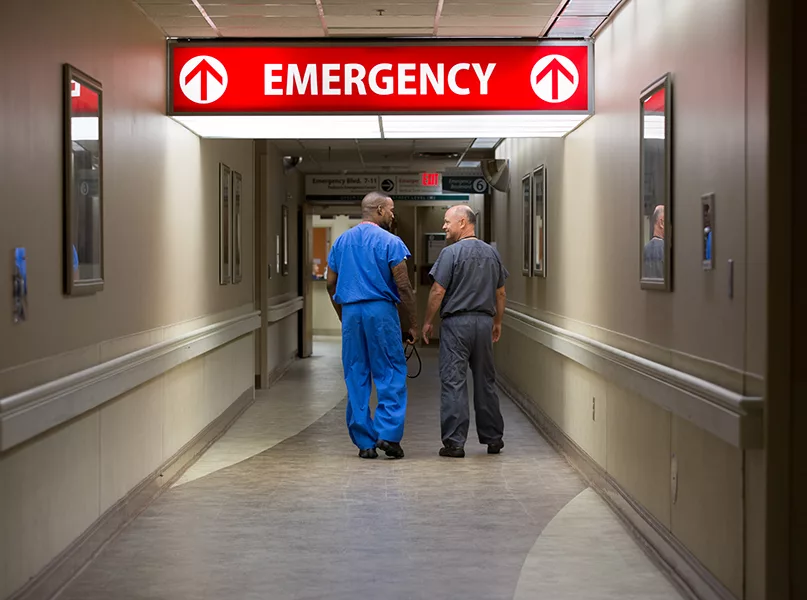
INNOVATIONS IN HEALTHCARE
Another challenge hospitals face is a workforce shortage, and Katnik proposes the adoption of artificial intelligence (AI) in multiple modalities as a solution.
“AI coding, AI therapists, and telehealth are additional ways to address workforce challenges. Some facilities are looking at telenursing as a possibility, although it remains to be seen which of these solutions will be effective and sustainable,” states Katnik.
“We are focused on using innovative and complementary technology wherever it makes sense. We started with Cedar, a payment platform that meets patients where they are by enabling them to pay through multiple means and set up their private payment schedules.”
Cedar’s platform helps healthcare providers exceed financial goals and improve the end-to-end digital patient experience. From pre-service through to post-billing, it personalizes interactions no matter how patients engage, as the technology utilizes empathetic messaging as it continues to evolve.
“We are also delving into AI-based coding with Fathom AI. We have automated a large percentage of our uncomplicated medical charts going through the engine, lowering the need for human coders and reducing costs, with a turnaround time of about three hours. In addition, it allows us to focus expert coders on auditing and examining our more sophisticated, complicated cases.
“Additionally, our newest partner, Adonis, was tasked with developing a revenue intelligence and automation platform that delivers AI-driven insights to assist ApolloMD in locating real-time denials and issues surrounding the billing platforms that help drive and maintain financial performance,” details Katnik.
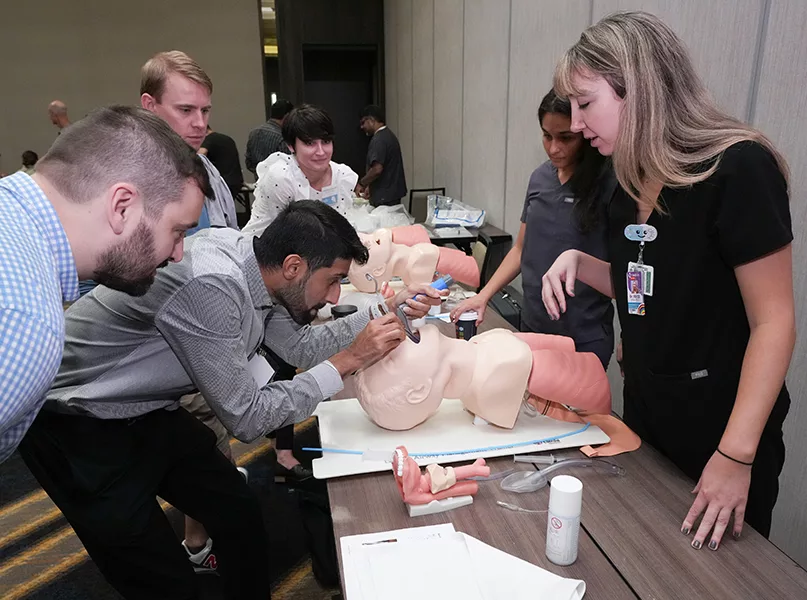
RELIABLE SERVICES
As one of ApolloMD’s sister companies, RelyMD is a virtual health platform that provides on-demand, unscheduled medical care for non-emergency conditions. It has materialized as the premier platform in the pre-acute setting by partnering with EMS organizations to meet patients where they are and determine the appropriate level of care for each patient. It also operates in the urgent care setting with employer-based services and direct-to-consumer capabilities.
“The platform’s accessibility and flexibility allow providers to complete well over 250,000 scheduled care visits, resulting in patients and organizations saving over $37 million and $450 million in avoidable urgent care and emergency room (ER) visits, respectively,” observes Katnik.
Other benefits, such as convenience and accessibility, are standard across all telehealth platforms. Patients can consult with healthcare providers from the comfort of their homes or offices without traveling to a clinic or hospital.
“We increase healthcare access for individuals in remote or underserved areas who might not have immediate access to medical facilities.”
RelyMD significantly reduces waiting times for patients seeking urgent care for non-emergency conditions. Furthermore, visits are far less expensive than in-person consultations.
“We integrate with electronic health records (EHRs), allowing for care coordination and maintaining comprehensive data for patients. Another benefit of RelyMD is its after-hours care, as it offers greater flexibility for patients who need attention during evenings, weekends, or holidays when they can’t reach a primary care physician (PCP).
“Our care coordinators help patients navigate the healthcare landscape from initiating a visit and filling prescriptions to following up on their post-care,” Katnik elaborates.
“We increase healthcare access for individuals in remote or underserved areas who might not have ready access to medical facilities”
Amy Katnik, COO, ApolloMD
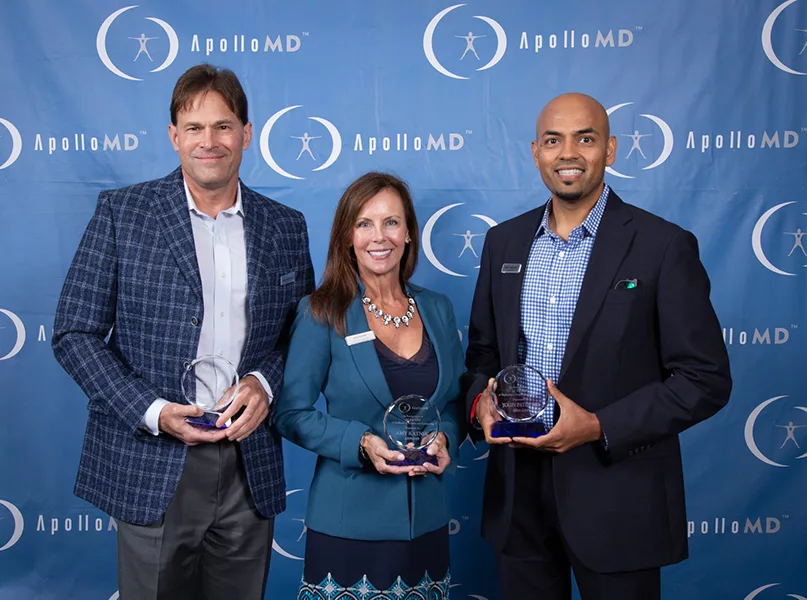
EDUCATION AND SUPPORT INITIATIVES
One example of ApolloMD’s commitment to furthering its clinical team’s education includes the ApolloMD Post-Graduate APC Program, an innovative, specialty-driven training scheme for physician assistants and nurse practitioners. The comprehensive program lasts nine months, including clinical and didactic training, with a 15-month commitment to post-training work.
“The program provides a robust educational experience including live sessions, online classrooms, simulation, proctored invasive procedures, departmental flow strategies, patient experience training, and more.
“Our overarching goal is to support APCs in top-of-license practice, while gaining the confidence to care for the communities we serve,” says Katnik proudly.
Upon completing all program requirements, the APC post-graduate will be awarded a certificate, offered a full-time position, including benefits at an ApolloMD practice, and progress to an independent apprenticeship in its APC Advancement Program.
Many of ApolloMD’s partner facilities participate in worthwhile causes that the organization is proud to support. At Saint Joseph’s Health in New Jersey, ApolloMD is honored to offer its support of the Blue Campaign. This groundbreaking partnership with the US Department of Homeland Security is an effort to combat human trafficking.
The Blue Campaign is a national public awareness drive designed to educate people to recognize the indicators of human trafficking and how to respond to possible cases.
“It is our 2024 goal to support this worthwhile initiative and further push educational resources out to all our healthcare systems across the US,” Katnik enthuses.
A variety of US companies are implementing similar campaigns. Delta Airlines, for example, has trained its flight attendants to look for signs of human trafficking; ApolloMD has the same goal for its workforce in 2024.
“Supporting the Blue Campaign initiative is one of our aims for this year. We are also excited to have Dr. Yogin Patel as our new CEO in 2024. He has been with us for more than 15 years and is an innovative thinker. We look forward to how he will reshape the company goals and culture this year by supporting these key initiatives,” Katnik concludes.

